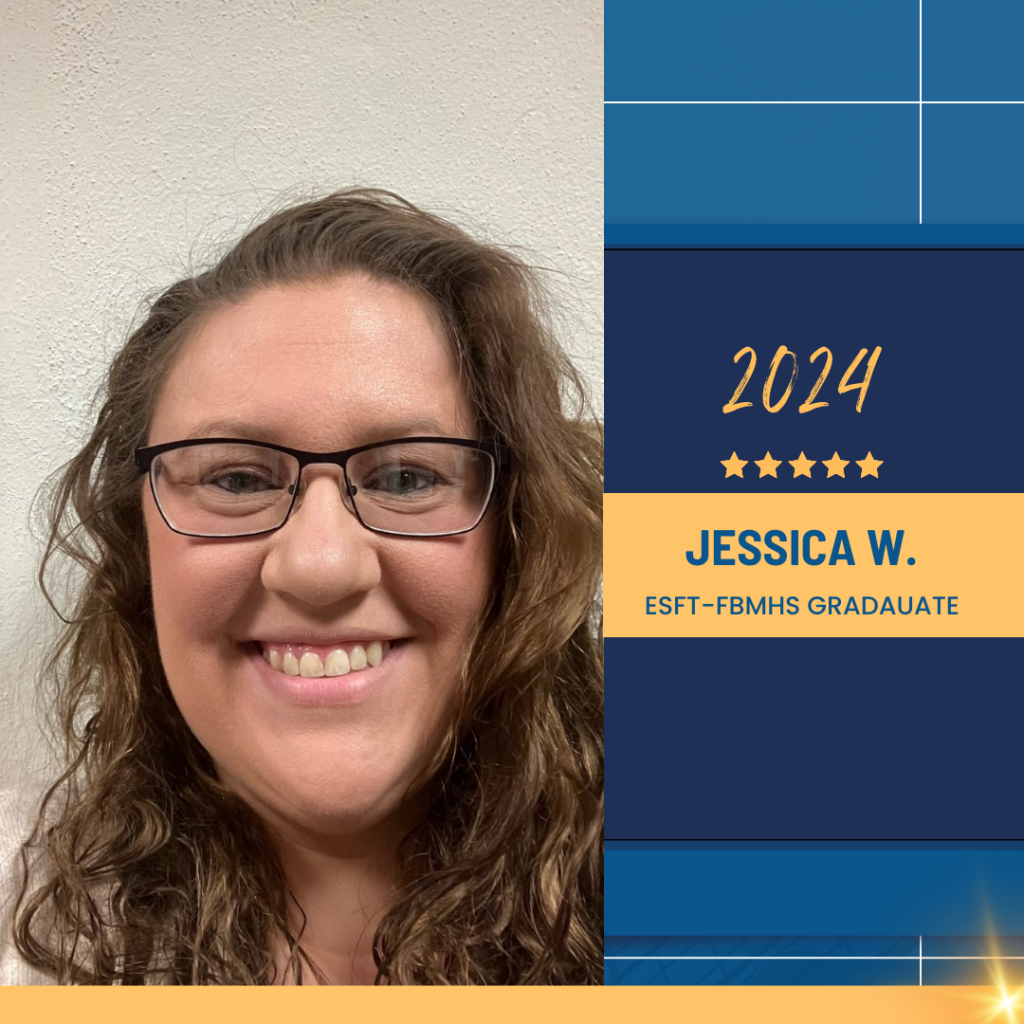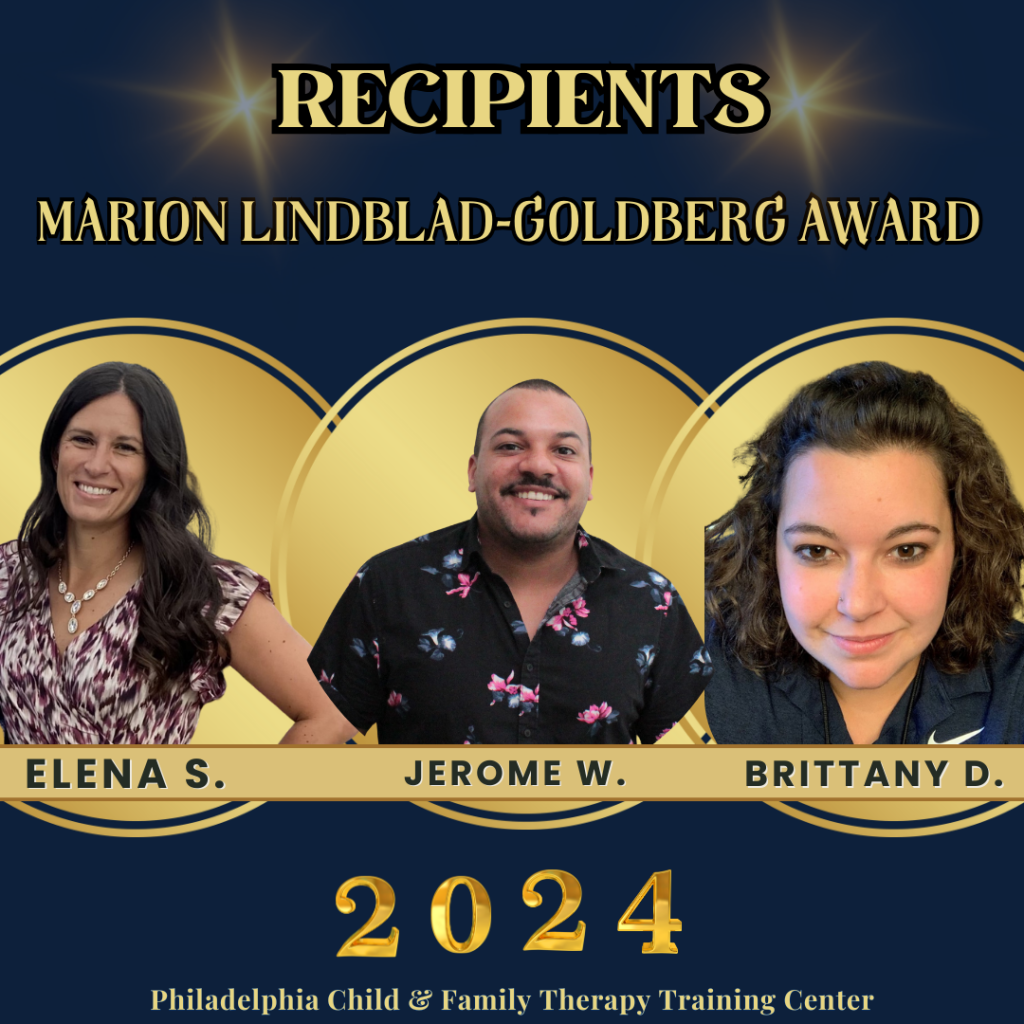
As we close out the calendar year, the Philadelphia Child and Family Therapy Training Center (PCFTTC) reflects on 2024 with deep gratitude for our incredible community of systemic family therapists, faculty, alumni, and partners.
This year, we’ve witnessed remarkable milestones:
- Expanding our Ecosystemic Structural Family Therapy (ESFT) reach through international training opportunities, including Georgia and Canada.
- Representing PCFTTC at the AAMFT Conference at Disney World, connecting with colleagues and embracing innovation in family therapy.
- Welcoming new graduates, celebrating their achievements, and watching them take their next steps in the field.
- Launching our Certification Programs.
- New publications advancing the practice of ESFT
- 700 blog subscribers!
Through it all, we’ve seen our community grow stronger, embracing systemic approaches that honor the resilience of families and the dedication of those who serve them.
As we step into 2025, we are excited to continue offering cutting-edge training, supervision, and resources to empower therapists. Together, let’s build on this year’s momentum and keep advancing the transformative work each of you do with professionals and the families they serve.
From all of us at PCFTTC, we wish you a joyous close to this year and a new year filled with hope, health, and connection. Thank you for being part of our journey!
Warm regards,
The PCFTTC Team




